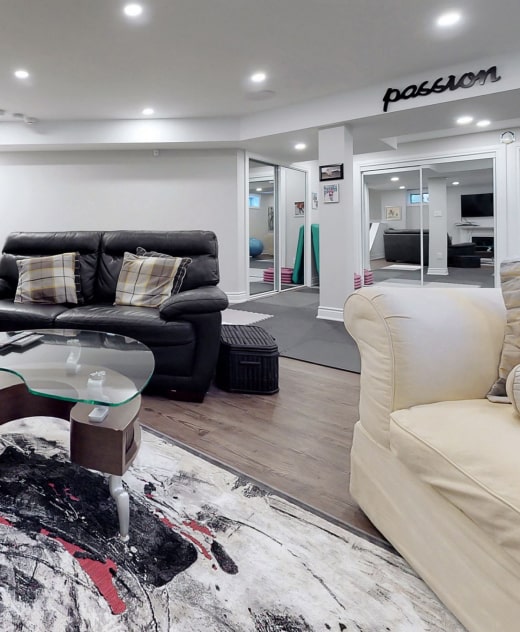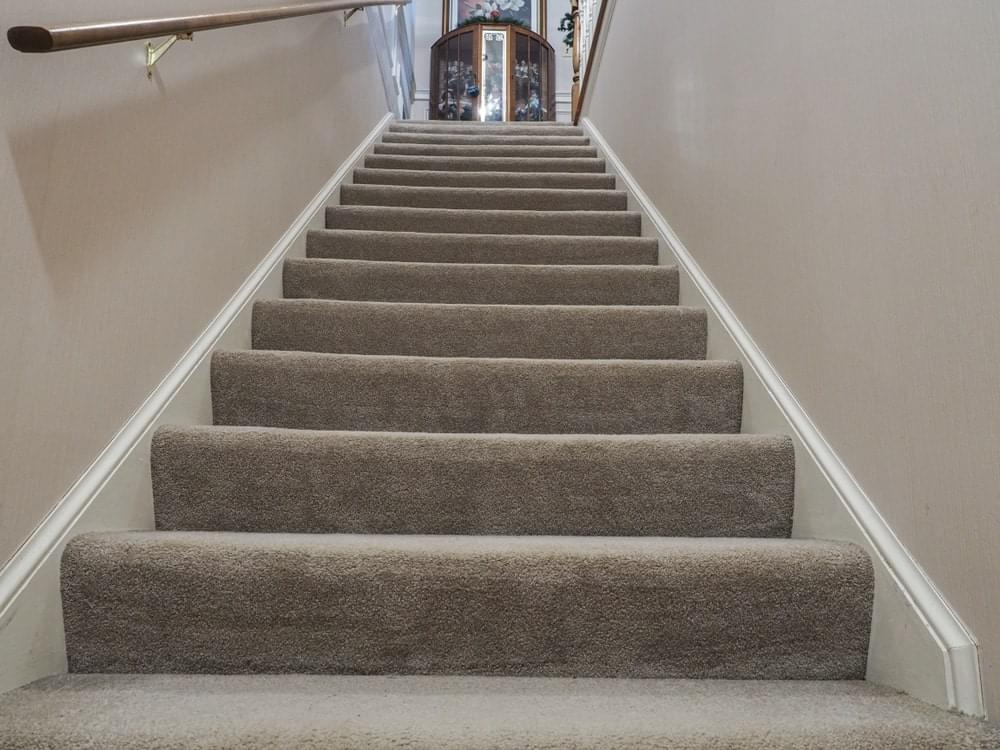How to Get Rid of Moisture in the Basement?
Many homeowners are concerned about the lack of space, without realising that the basement holds a lot of potential. The problem is that basements are the closest to the ground and feel quite damp.
Not only are they often not suitable for living, but the elevated humidity can affect the items stored within and even your home structure if you are not careful. In this article, you will learn more about getting rid of excess space in the basement to make it livable and quality basement renovation.
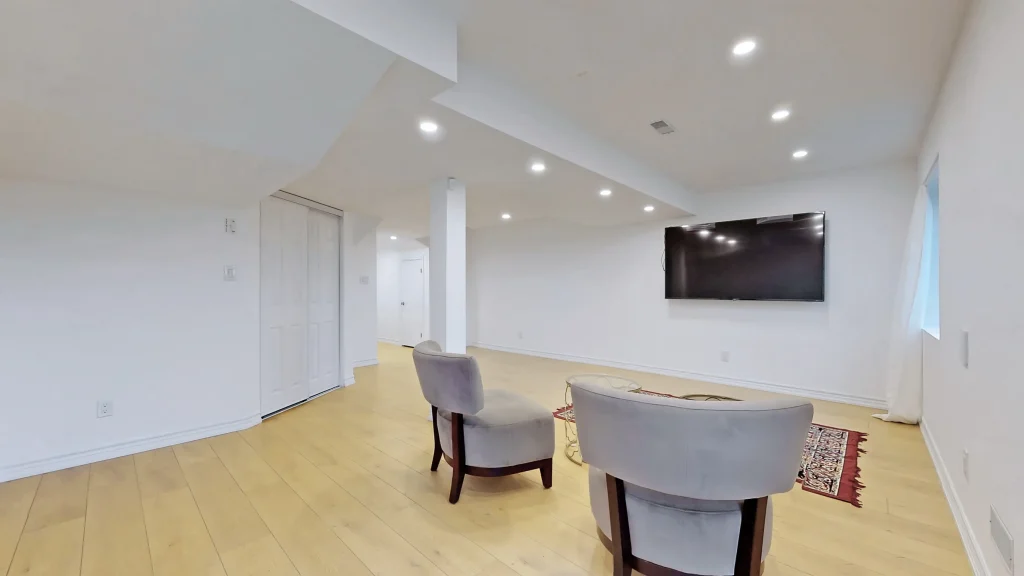
What Effect Does Dampness Have?
When people think about dampness and moisture in the basement, their immediate thoughts are wet portions on the walls or standing water. Mold is also usually a clear sign of moisture, which usually appears after the humidity has wreaked havoc. Moisture in the basement often brings a few subtle signs that you should keep an eye on, including:
- Rotting wood (e.g., in furniture or your exposed beams)
- Peeling wall paint (often caused by condensation)
- Powdery, white materials on bricks (efflorescence)
- Flaking in your drywalls
- Damp, humid-feeling air
- Musty odors
- Staining on the walls
- Rust in the basement appliances (e.g., dryer, water heater, washer, etc.)
Once you notice the signs of moisture in your basement, you should do your best to reduce it. Otherwise, it can lead to more rot and mold, which can affect the foundational integrity of your home. This means the basement won’t be the only one damaged – the upper levels could be as well.
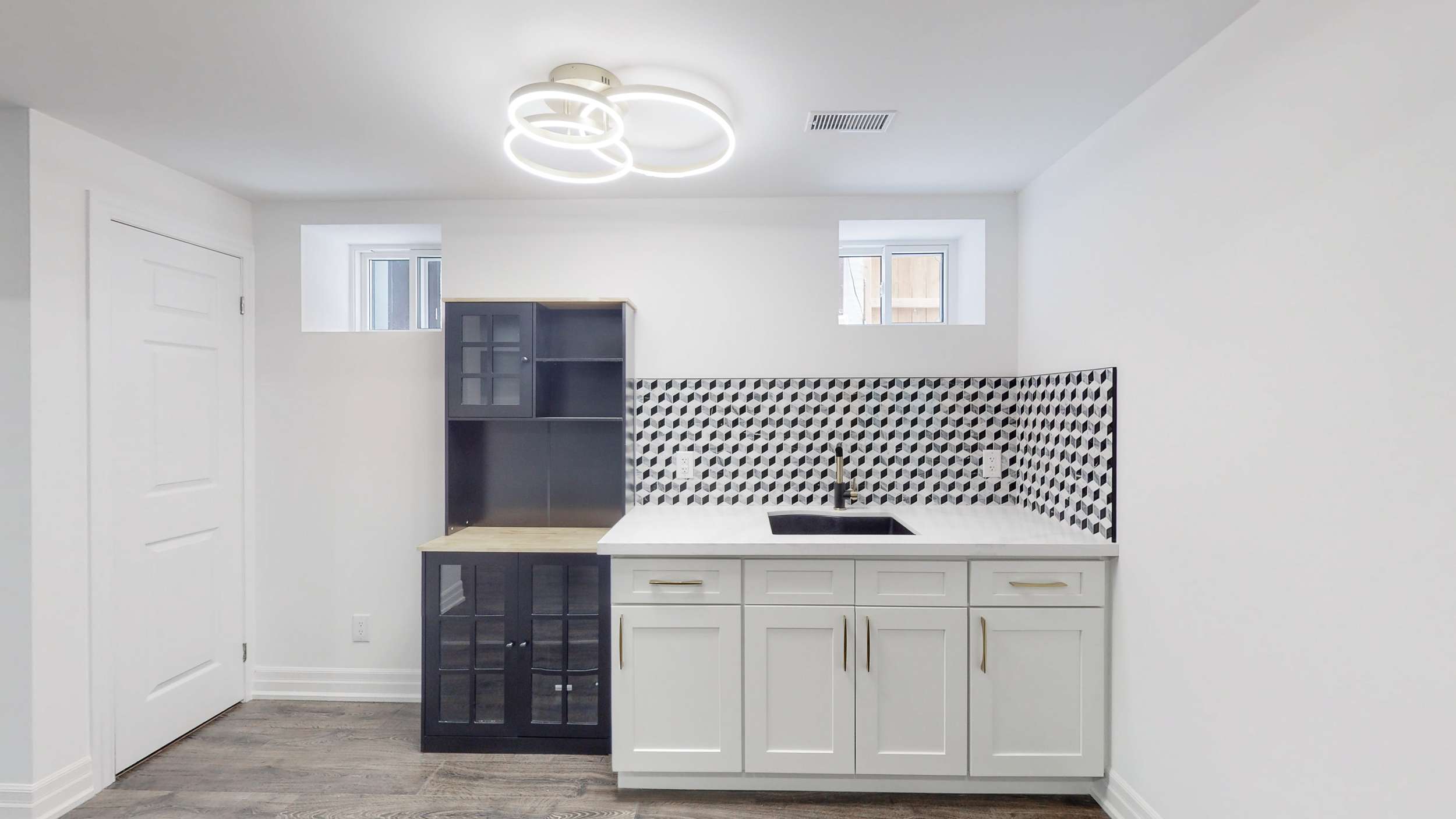
Sources of Dampness in the Basement
Dampness can occur for various reasons in your basement, which can include the following:
Rain and Groundwater
We might be continuously warned about climate change and how droughts will likely be a common occurrence, but this doesn’t mean rain won’t fall. It’s expected that rain will fall heavier than ever. With just one inch of rainfall, more than one thousand gallons of water will fall over the roof of the average house. Without the right gutters, grading, and downspouts, the water can easily flow into your basement. Moreover, the groundwater could seep into the walls without a good drain tile system around the basement walls.
Interior Sources of Moisture
We live in the modern world, so our homes are connected to some kind of water system. Showers in or just above the basement, water in the kitchen you use for cooking, and humidifiers add moisture to a house.
Unvented clothes dryers can also add to the humidity levels, and even plants can make the air seem more humid (especially if they need a lot of watering). New homes can still have moisture in their construction concrete as well, which adds even more to the humidity in the house and basement.
Condensation from Humid Outdoor Air
Humidity levels are often higher during summertime, with some areas quickly reaching 80 percent. Very often, people think the air outside is fresher and healthier than the indoor air, so they open the windows to let some of it in. The problem is that if the air outside is humid and warm, it clashes with the overall coolness of the basement. This leads to condensation, making the place feel much more humid.
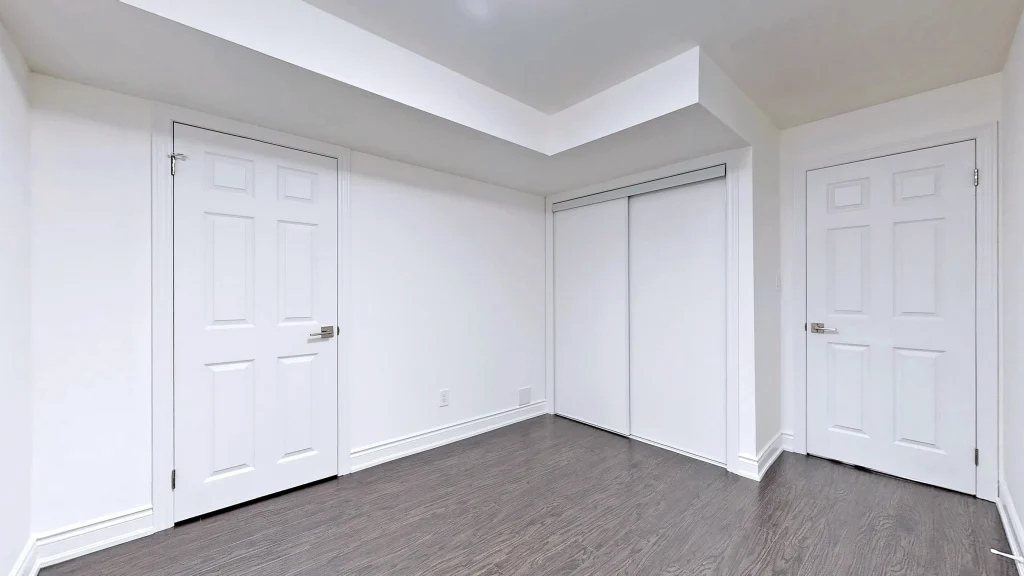
How to Get Rid of Dampness in the Basement
If your basement is excessively humid, don’t fret – there are ways for you to fix it. Some might require significant upgrades, especially if you are looking at the long term, but there are also less dramatic options. Some solutions are:
- Insulate the Basement. If the humidity is coming from the ground or the water system, insulating the walls and the pipes is a good route. This method is effective in the long run because it can reduce your water bills. Bear in mind that if the water is coming from the outside, you should also insulate (and line) the exterior walls to prevent a mold problem.
- Evaluate the Drainage System. For moisture caused by rain, you should check the gutters, surface grading, and downspouts. Make sure that the rainwater is directed away from your home and into the sewage system. This should keep standing water sources from forming.
- Install Air Conditioning. If the humidity problem is more evident during summer, there’s a good chance it’s caused by outdoor air, leading to condensation. To prevent that, you should consider ventilating through air conditioning instead. A unit with a dehumidifying option can help you keep the air at healthy humidity levels, perhaps making the basement habitable.
Bottom Line
A humid basement can be fixed with a little bit of work. You just need to diagnose the problem and select the appropriate solution. You can try the less drastic measures first, and if they don’t work properly, you can proceed with insulating the basement or even basement underpinning.
Contact CSG Renovation for a consultation about full home renovation or basement remodeling at (647) 428-0007.

